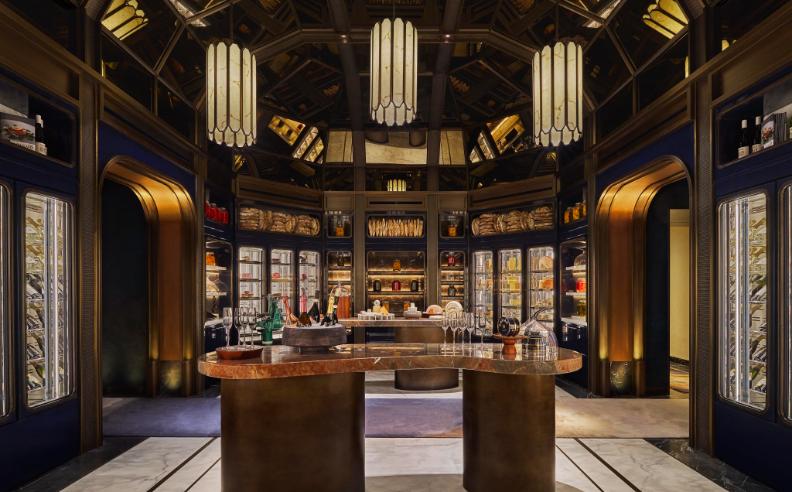Vimto is one of the most iconic drinks associated with Ramadan in the Arab world, especially in the Gulf region. It has become a staple on iftar tables, marking its presence as an essential part of the holy month. Despite its deep-rooted connection to Ramadan, Vimto originally hails from Britain, where it was first introduced as a health tonic before evolving into a beloved beverage for fasting individuals. But what is the secret behind its strong association with Ramadan, and how did it gain such widespread popularity in the Arab world?
Vimto was first introduced in 1908 by John Noel Nichols in Manchester, England. Initially, Nichols worked in the soap industry before shifting his focus to developing health drinks. Vimto was originally marketed as a tonic under the name Vimtonic, before later being shortened to Vimto.
After gaining popularity in Britain, Vimto found its way to India in the 1920s, where it became a favorite among British soldiers. By 1928, Vimto was exported to the Middle East, with the company Abdullah Aujan & Brothers taking over its distribution in Saudi Arabia and other Gulf countries. This strategic move helped establish Vimto as a household name in Arab markets.
Vimto’s association with Ramadan stems from smart marketing and its ability to provide an instant energy boost after a long day of fasting. With its high sugar content and fruit-based ingredients like grapes, blackcurrants, and raspberries, Vimto quickly became a favorite choice for breaking the fast. Over time, it became as essential to Ramadan in the Arab world as turkey is to Thanksgiving.
Yes, the Vimto sold in the Middle East contains a higher sugar content than its British counterpart. The recipe was specifically adjusted to cater to local tastes, making it a sweeter and more indulgent drink. Statistics indicate that over half of Vimto’s annual sales in the region occur during Ramadan, highlighting its deep cultural significance during the holy month.
Vimto is widely available in major retail stores such as Carrefour, Spinneys, and Lulu, making it easily accessible during Ramadan. It is also a common feature on iftar menus at restaurants and hotels. Whether dining out or breaking the fast at home, a glass of Vimto is almost always present at the table when the Maghrib call to prayer echoes.
From a British health tonic to an essential Ramadan tradition in the Middle East, Vimto’s sweet taste and clever marketing have solidified its place as a must-have on every iftar table.

Started my career in Automotive Journalism in 2015. Even though I'm a pharmacist, hanging around cars all the time has created a passion for the automotive industry since day 1.
